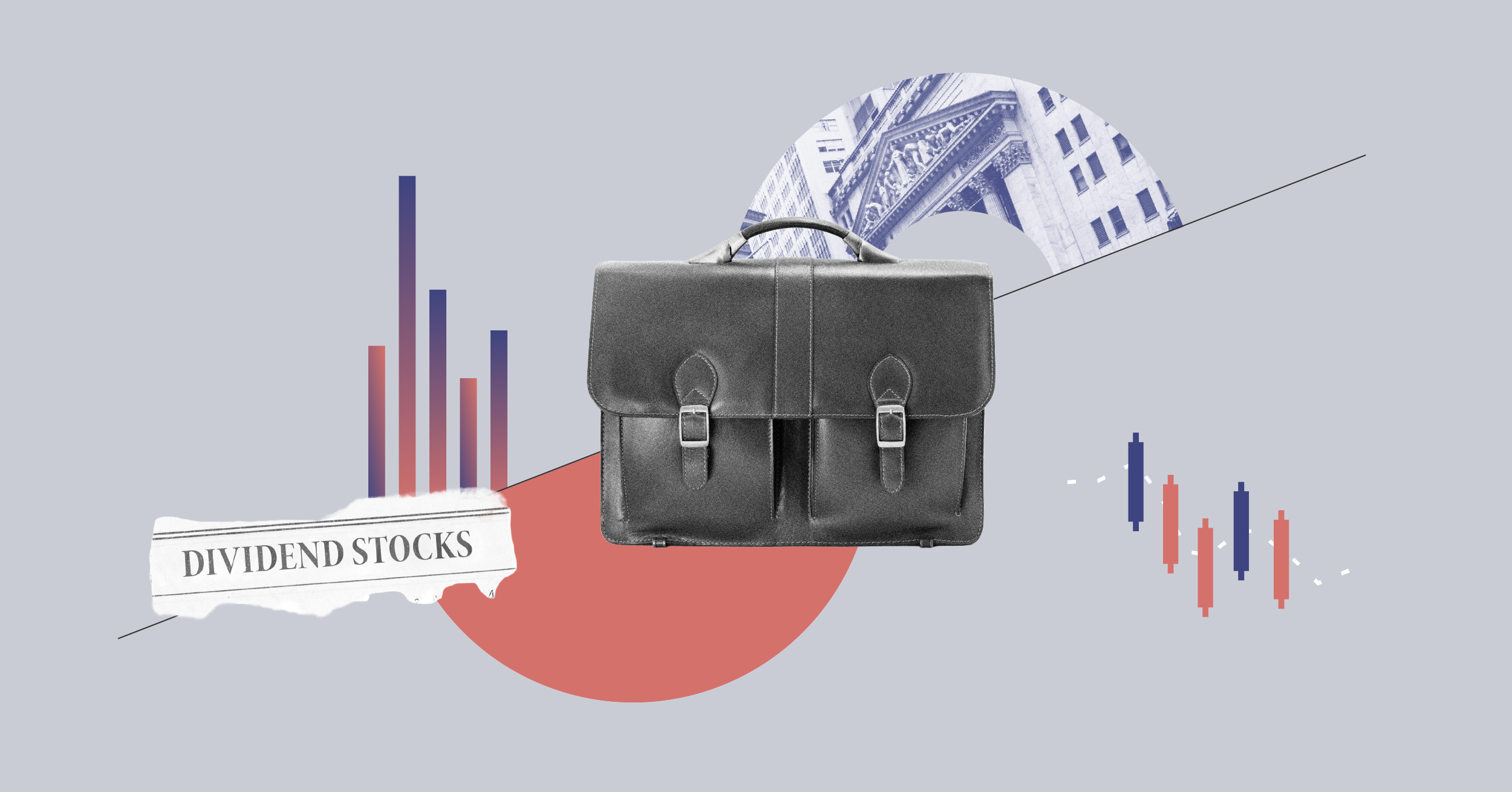Holly Black: Welcome to Morningstar. I'm Holly Black. With me is Henry Heathfield. He's an Equity Analyst at Morningstar. Hello.
Henry Heathfield: Hi, Holly.
Black: So Henry, you cover insurers and you've been looking at Admiral (ADM) in particular. So what have you found in your latest delve into this company?
Heathfield: That's right, Holly. I cover European insurance. And I've published recently on 30th of June (selects) on Admiral. So really, I've discovered three things about the company. Firstly, it's quite different general lines, personal, general insurer. And that comes down to three things really, it's reinsurance relationships that allow it to scale up versus other competitors. And its alternative sources of income that it generates on all of the business it writes, including the business it cedes to reinsurers which is a differentiator versus competitors. And this makes it a very customer hungry business. So it looks to expand customers in times of market disconnect in order to generate that higher alternative sources of income.
Black: So I think one thing investors might want to know is whether COVID changed anything for the business, because people weren't driving their cars or leaving their houses as much. I don't know if that changes the outlook for insurers.
Heathfield: Yeah, Coronavirus, had huge effects on the insurance industry broadly and in particular for personal lines general insurers. So and it specifically relates to the U.K. So what you have in auto insurance is a legally mandated product that comes with car ownership. But car ownership or auto ownership is also quite sticky during periods of recession. And we think that also happened during Coronavirus lockdown. But because of the lockdown you have, so you have required sales, but you also had required lower cost of sales because people weren't allowed to drive. And that led to low motor insurance claims. But it also led to motor insurance -- most insurers lowering their prices.
Black: So what are some of the things we like about Admiral?
Heathfield: So, I really like that it's a customer hungry business in times of pricing flux. And there are three pricing events that are kind of on the near-term horizon that's the UK's emergence out of lockdown. I think that return to a more normal pricing environment is going to be delayed by the Financial Conduct Authority general insurance pricing review. And in that return to normal pricing is going to be delayed again by the United Kingdom's Ministry of Justice Civil Liability Act, part two whiplash claims reforms. And what this generally means in times of pricing change, Admiral likes to grow its customer numbers by undercutting the competition in terms of pricing. So when the market returns to more normal pricing environment and pricing moves up sharply, Admiral's prices will move up less sharply, and it will therefore take on more customers and grow that ancillary income.
Black: And what about risks? Are there any reasons to be cautious?
Heathfield: I think there are probably two main risks to the business or the risks that investors need to be aware of. Those are valuations. So Admiral is the most expensive stock on relative valuation metrics in terms of our European insurance coverage. However, our thesis is based on an absolute valuation, not on a relative valuation. And then I think the second risk is that Admiral recently sold its price comparison websites business Penguin Portals. However, I do expect from commentary that Admiral will still operate a very close relationship with these price comparison websites. And in fact, the sale may even give it further distribution channels for sales.
Black: Henry, thank you so much for your time. For Morningstar I'm Holly Black..









.jpg)


















